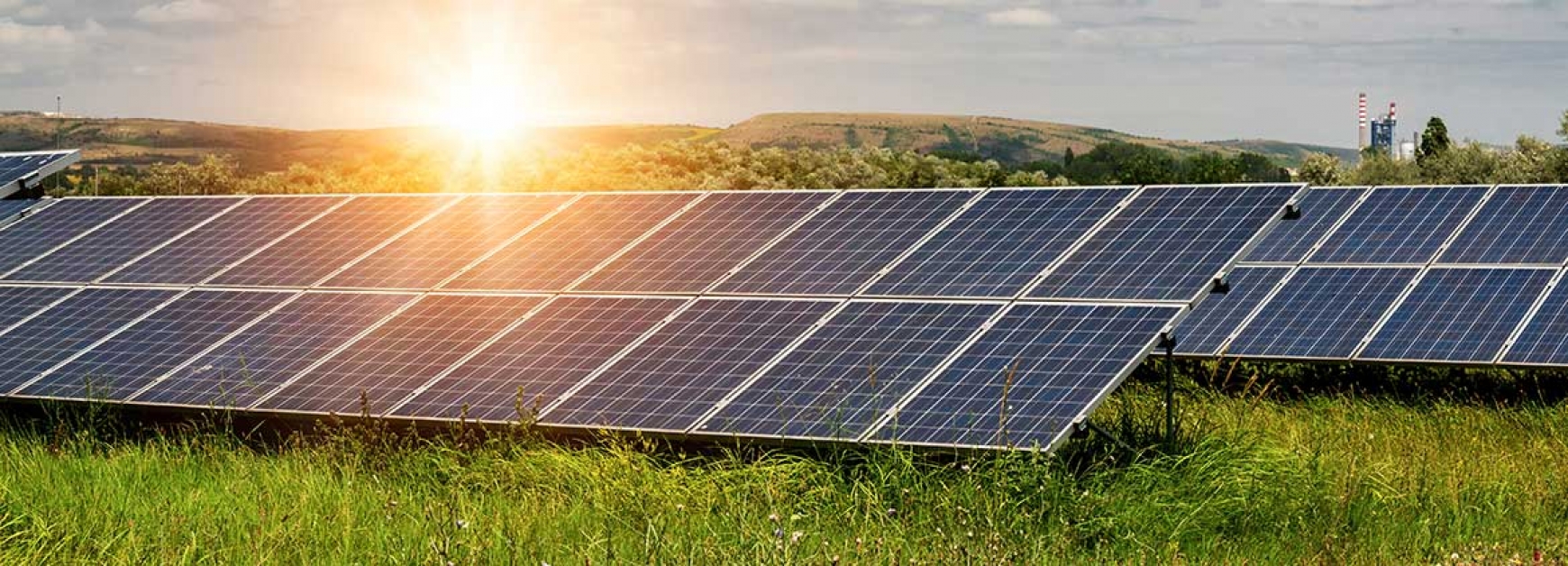What is a feasibility study?
A feasibility study is essentially a high-level analysis of a project to determine whether it’s feasible. For most of our clients that includes the technical, economic, and legislative aspects of the project. Each of those areas can vary in complexity; a balance has to be struck between exploring every minutia and focusing on the broad strokes that have the largest impact on the project.
This is relevant for any project, but our expertise is on energy and renewable installations, spanning domestic to industrial scale generation across many sectors, although our largest area of expertise lies within the agricultural and horticultural sectors.
Why are feasibility studies important for energy projects?
Feasibility studies often begin with an energy demand model, which helps to determine the capacity of the energy generation and stores. While this is not a definitive figure and needs to be confirmed later in the project with an installer, it can give a good estimate for the scope of the project which will give early indication of whether it makes sense to continue.
Many energy systems require permitting of some kind and need to adhere to any relevant government legislation. Additionally, a new installation may require grid connections, changes to a site or installing a private connection will need to consider billing of energy, and ancillary generation may also need to be installed. The time and cost implications of these can easily be overlooked, so a feasibility study is important to capture each of these, as well as any other relevant facets.
When renewable energy is involved, the systems often rely heavily on incentive schemes and require significant capital investment. For that reason alone, a feasibility study is important to understand the intricacies of the relevant incentive schemes and their associated obligations. The investment into a feasibility study is relatively low yet provides some very important insight.
When is a feasibility study done?
Feasibility studies best serve a project when completed early on. A high-level analysis gives a good idea of what the project will look like in its entirety and what to expect, including costs and returns. Having this at an early stage can inform decisions on how a project proceeds.
Who performs a feasibility study?
A feasibility study requires knowledge on many aspects of a project, and having experience working with different types of installations at each stage in their lifetimes is invaluable. A strong theoretical and practical understanding of how systems operate is essential for building a model. Additionally, intimate knowledge of government legislation and incentive schemes, as well as contacts within the governing bodies is very beneficial.
NFU Energy are able to assist with your feasibility study, to discuss this further give the NFU Energy team a call on 024 7669 8885


